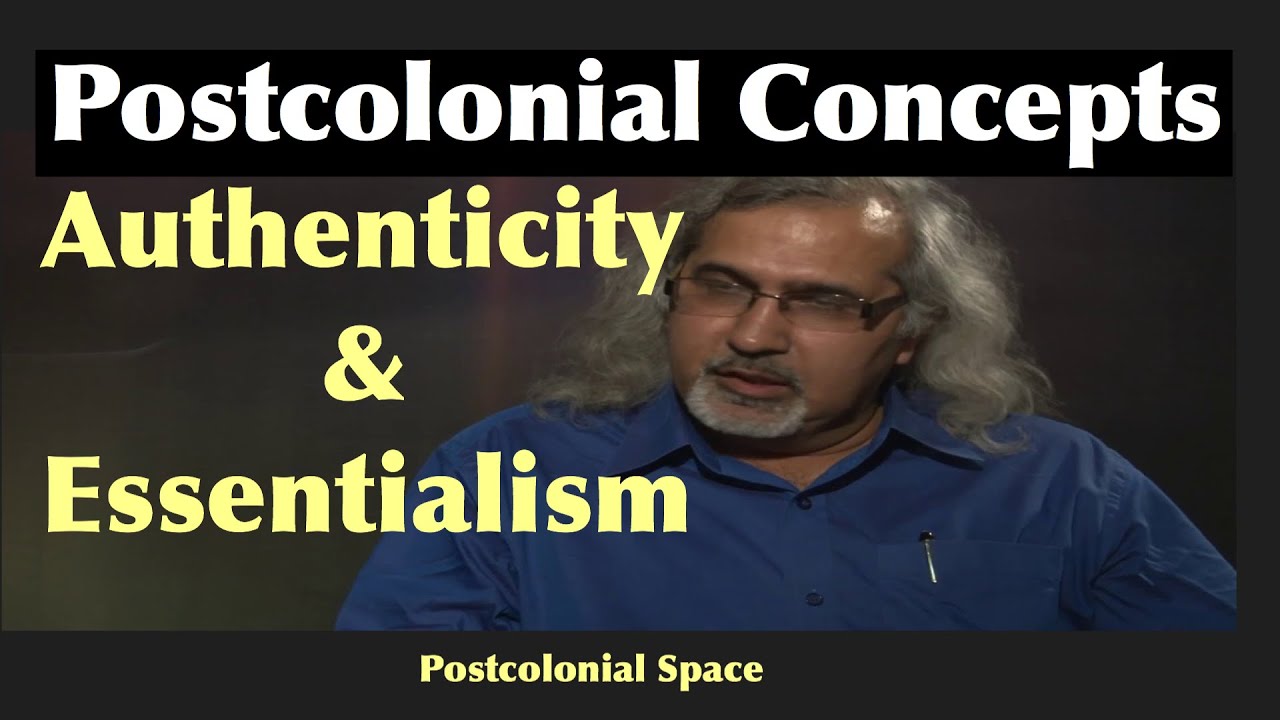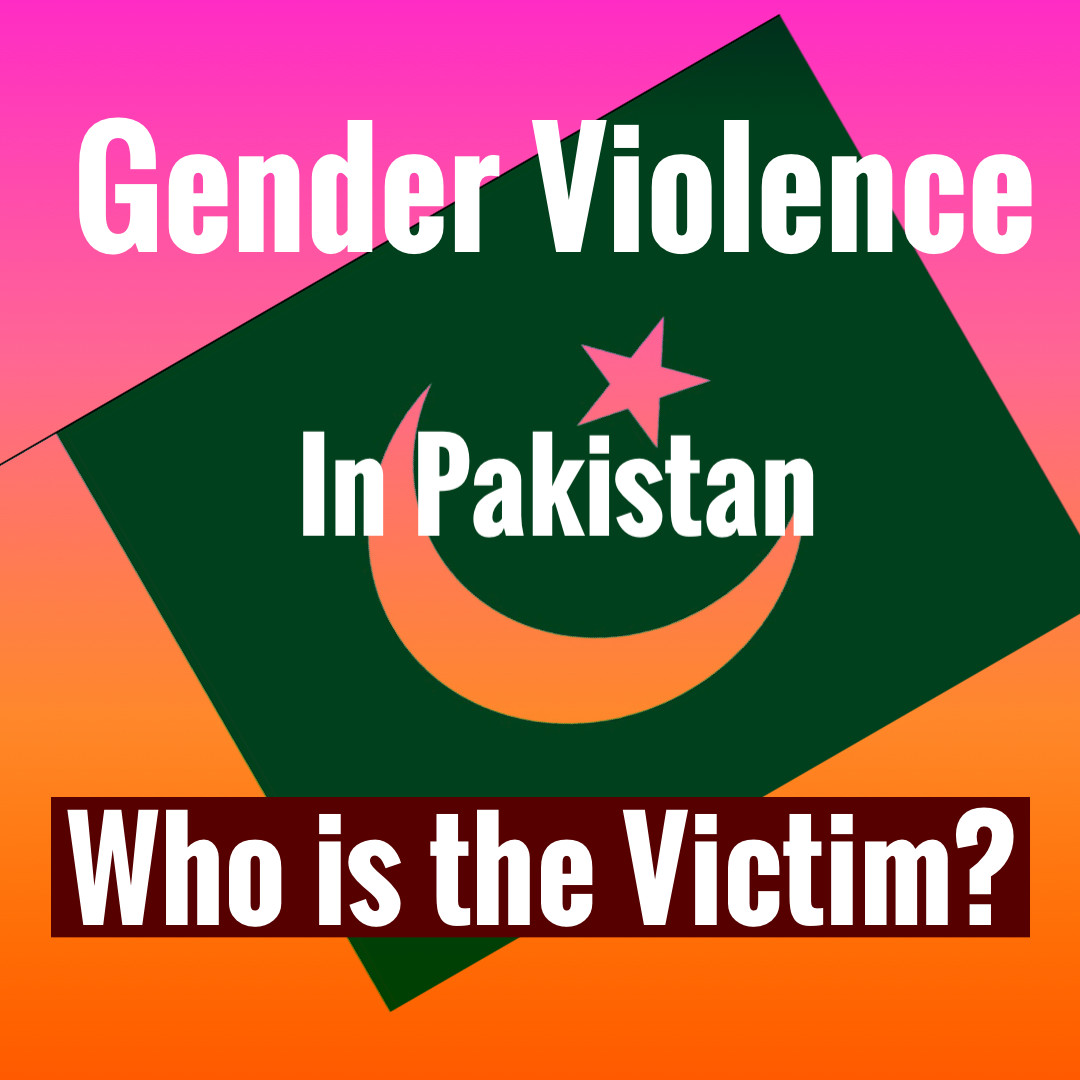About ten years ago, my former department went through a collective soul-searching in the process of defining our departmental mission. There were two competing visions of literary studies that became prominently mobilized during our faculty meetings and faculty retreats: one group insisted on teaching literature for its own sake as a complete and self contained body of knowledge and a second group insisted that literature ought to be mobilized to teach the world and, more importantly, to teach more compassionate and just ways of living in the world. Mind you, this was not a cosmetic debate: it was a fight with clearly demarcated battle lines and quite a few of us invested heavily in arguing for and promoting our vision of English studies.
As someone who had come from a colonial educational system, Pakistan, where English was taught as a “subject” and thus only mastery in the subject was considered the height of accomplishment, I was surprised to find that some of my senior colleagues were adamantly in favor of such a model. In this model our job was meant only to deliver the expert knowledge of the subject to our students and any social or political efficacy of this learning was considered, at the least, suspect.
Of course, my training in postcolonial studies had already cleansed me of any naive investments in the so-called sanctity of the canon or of any beliefs in natural or inherent superiority of art and literature. To me the best literature can be useless in a classroom if it does not encourage the students to think and live differently.
One of my senior colleagues at that time was seriously invested in the role of literature in teaching social justice and equity and he would often question our more traditional colleagues: are we only supposed to produce copies of our own selves in our graduate program? His hope was that we all would use literature as a transformative tool and not just an end in itself. Needless to say, as most humanities departments we never reached a suitable compromise and the reason, as always, was not the total incommensurability of our views, but the fraught personal histories of several power brokers in the department. I personally learned a lot about literary studies, departmental politics, and about the general nature of our jobs.
To me, teaching literature cannot just be about “teaching literature.” I often tell my students that they absolutely do not need to know any of the great writers to do well in life or to live a meaningful life. This idea that, somehow, knowing Shakespeare or Milton, or Chaucer can make us better people is a fiction crated and sustained by literature professors. In fact, the results can be completely opposite: literature uncritically taught can make us into cultural snobs with a sort of disdainful view of all those who cannot or do not know how to appreciate literature and art!
In my view, teaching literature may not be akin to “saving the world” but it can be practiced in a way where our students do sometimes, after reading a good book, think of the world. Now, if we can give them the tools to read texts critically and then encourage them to use the same critical tools to “read” the world then chances are they would be interested in investing in a more just and compassionate world. But if we make acute readings of texts in itself a valorized end, then the same students will feel no need to actually think the world anew, for they would deem reading the texts differently, no matter how removed from the world, a fully realized pursuit in itself. The difference between these two approaches may be subtle but the consequential outcomes can be hugely different: one method produces active learners thinking about the world and its inequities, the other looks inward and is focused on resolving the inherent or stylized contradictions of a text, a text that becomes their world!
Personally, I would rather teach the world and since texts are produced and consumed in the world–Edward Said called them worldly–then connecting our teaching to the world can be an extremely important step and literary studies, of all the humanistic disciplines, has the capacity to teach the world!!




[…] posts can also be valuable resource for anyone interested in postcolonial studies or general humanistic studies. I am pretty much interested in anything that you either have experienced, taught, or found useful […]
It’s a well thought essay on the relevance of literature study. We must appreciate literary texts critically & learn to study the world too. A meaningful way of life is possible through the study of literature. That’s the message to the students in future. Thanks for this idea.
In the Fall of 2007, I was a first semester grad student in my MA and the very first course I took was a Postcolonial Lit and Theory class at Kent State. Between that class and subsequent mentoring throughout my MA, Dr. Raja profoundly shaped my sense of how I view literature and the academy. I will always be profoundly grateful for that, and this shaped the way I teach my undergraduates today.
Than you so much, Adam. This means a lot to me!!